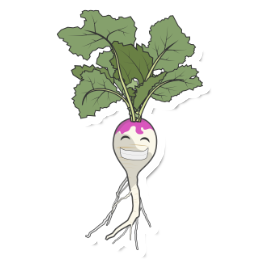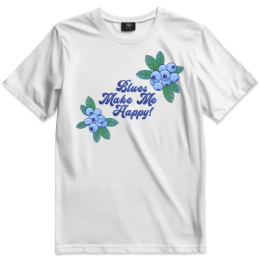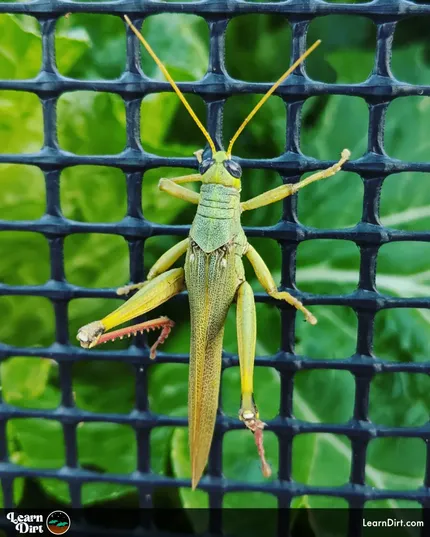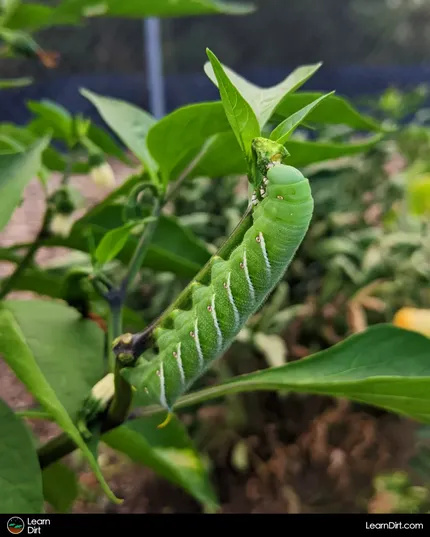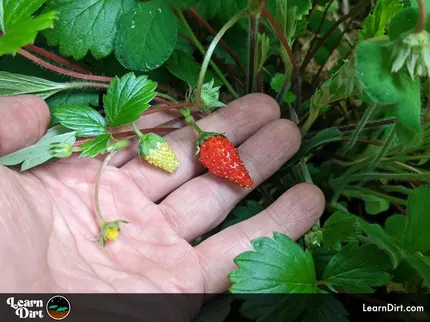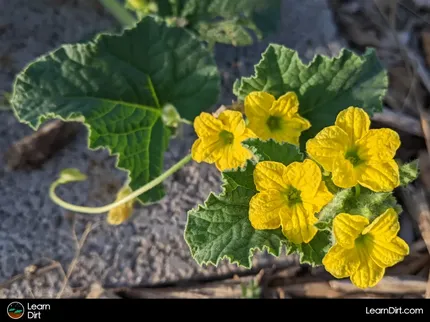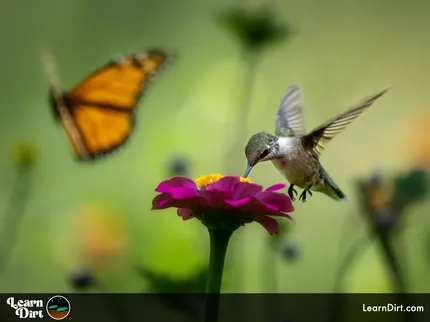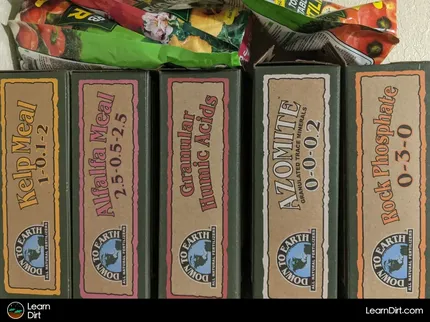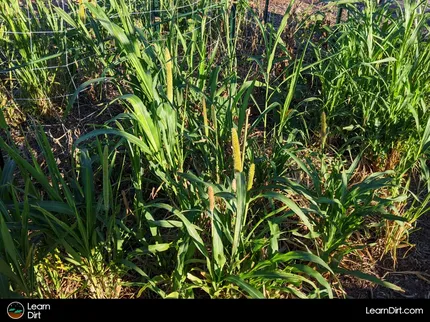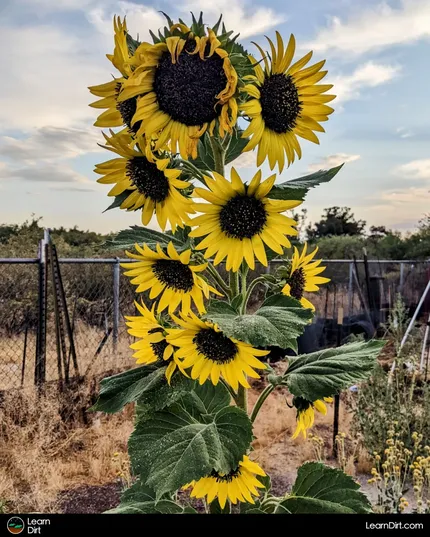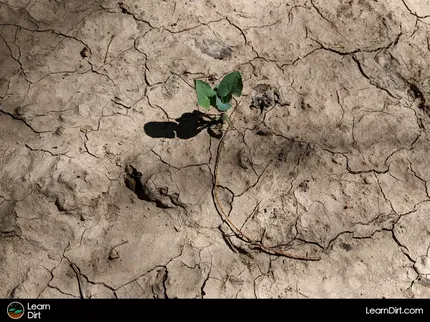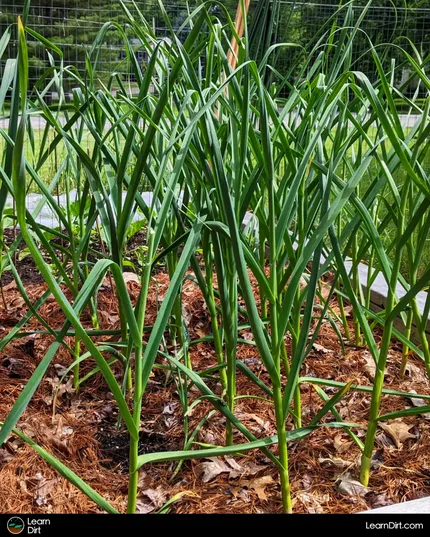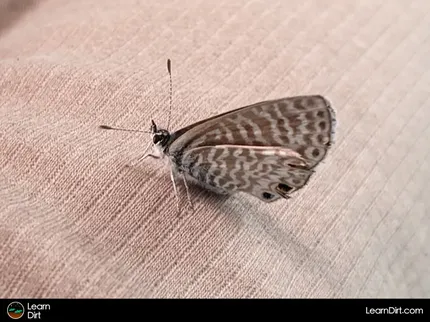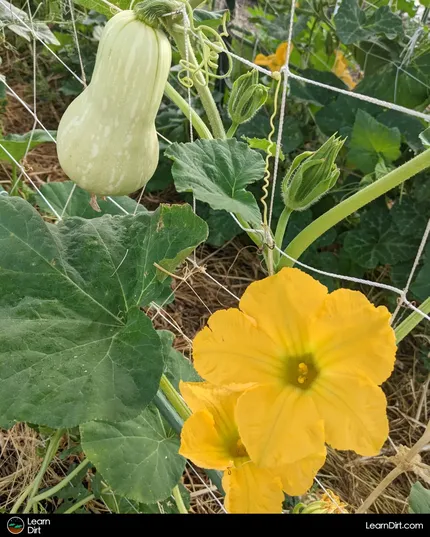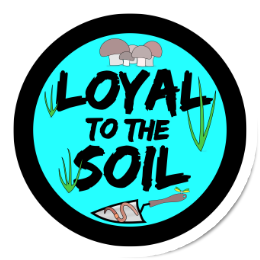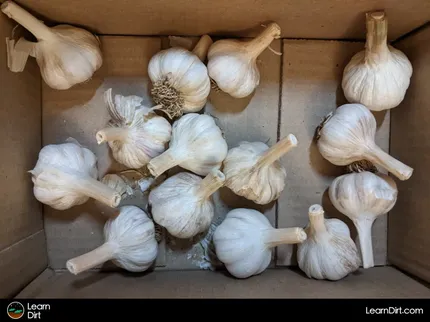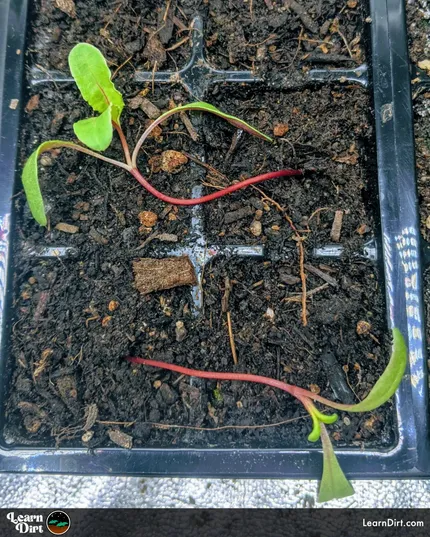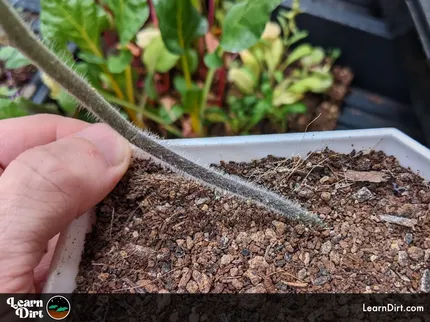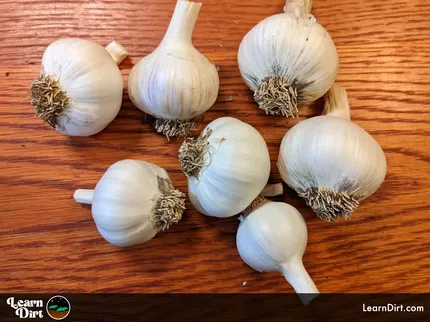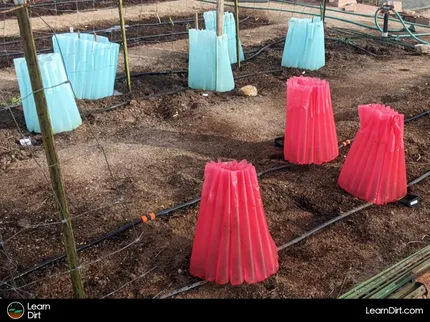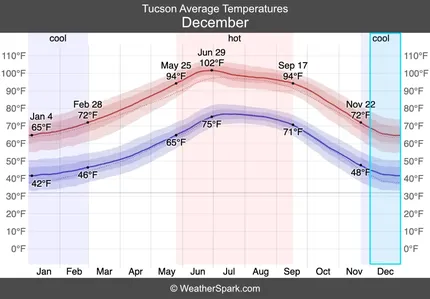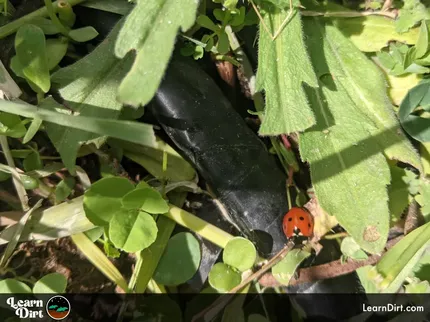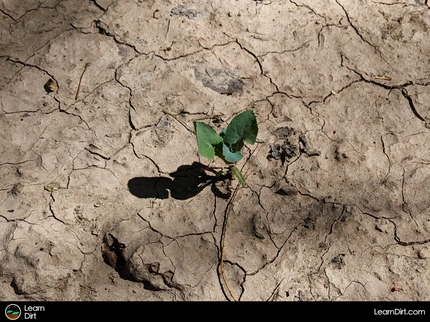Table of Contents
- What Is Bird Netting?
- Avian Netting Uses
- What Are the Problems With Bird Netting?
- Is There a Safe Way to Use Bird Netting?
- Bird Netting Alternatives
- Holistic Garden Management Practices
* Our articles never contain AI-generated slop *
The squirrels are laughing at your hard work. The birds mock your garden. They peck and bite each and every tomato, leaving them partially intact to rot - as if intentionally taunting you.
You're fed up. You worked too dang hard on your garden to lose it all to critters and you're frustrated to heck!
You reach for a roll of bird netting at the local big box shop, determined to get something to harvest before the season is over.
Disclaimer: This post may contain affiliate links. Refer to the privacy policy for more information.
Hold that thought!
What is the problem with bird netting? There are some serious issues that you'll want to be aware of before you decide to use it in your garden. Let's talk about it...
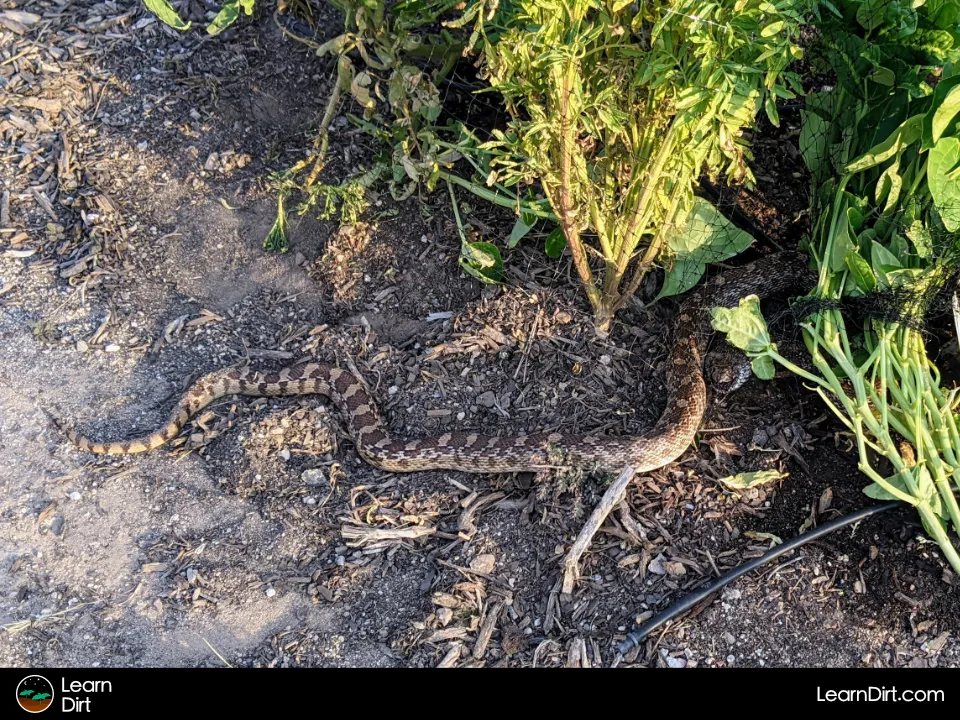
What Is Bird Netting?
Bird netting is a lightweight netting with small squares meant to create a physical barrier between birds and crops.
In agricultural contexts, it is often made of nylon or polyethylene and is highly pliable just like fishing nets.
Avian Netting Uses
Bird netting is often used to protect fruit and seedlings from crop loss and damage caused by birds and other critters.
It's most-often used for crops which frequently sustain the worst of the bird damage. Here's a short list of crops that often get netted:
Join The Grower's Community
A free & open space for anyone who is passionate about cultivation 🌱
Check It Out!
Fruit Trees
- Apple
- Apricot
- Cherry
- Fig
- Peach
- Pear
- Persimmon
- Plum
Berries
- Blackberries
- Blueberries
- Gooseberries
- Raspberries
- Strawberries
Nut Trees
- Almonds
- Pecans
- Walnuts
Vegetables
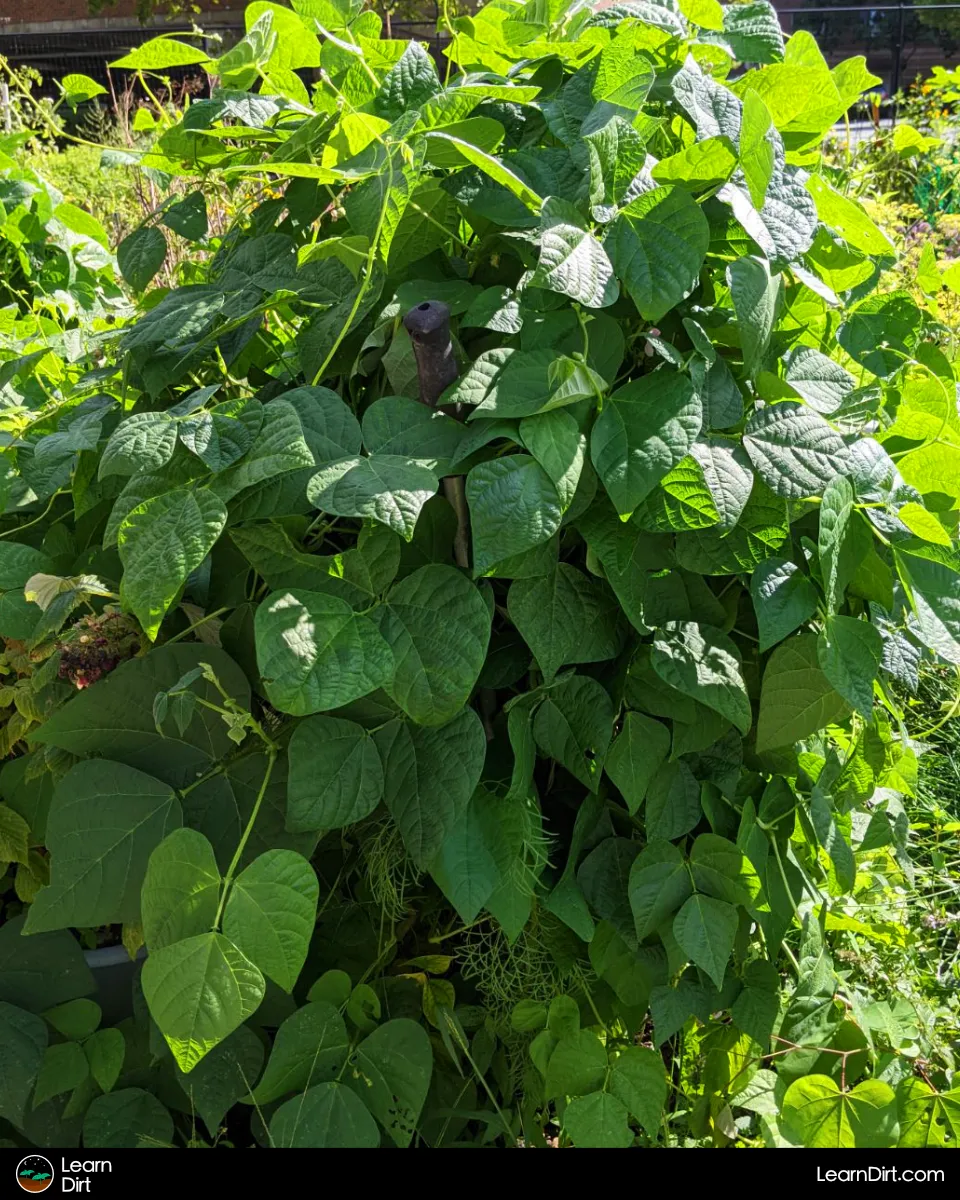
Vineyards
Becuase many species of bird are attracted to ripening grapes, vineyards can sustain widespread crop damage from holes being pecked in grapes which are lost to rot.
Vineyards may drape bird netting directly over the vines, or as a canopy net to prevent bird damage
What Are the Problems With Bird Netting?
Bird netting is unfortunately not safe for many species of animals when it is not stretched completely taught.
This is because loose bird netting tangles as easily as a pair of wired earbuds in your pocket used to back in the day (iykyk).
Easily trapping birds, lizards, snakes, rodents, and more, loose bird netting causes similar issues to discarded fishing nets in oceans.
It's relatively alarming just how many animals will get trapped in a small bit of bird netting in a garden over a short period of time.
If you've never had to extricate a frightened animal from netting, consider yourself lucky. You can avoid this experience if you commit yourself to using safer alternatives.
Let's talk about some of those options...
Is There a Safe Way to Use Bird Netting?
Bird netting can be somewhat safe, if used properly.
Preventing birds from getting caught in netting requires that it be stretched completely taught, so that it doesn't twist up and allow entanglement.
If properly stretched across high poles or a garden or garden bed frame, and pulled taught (sometimes with cables or stakes) the netting poses much less risk to animals than if it was loosely-draped over plants.
Often the problem with bird netting is exactly that it is not properly stretched taught, and has too much give to it. This is what allows animals to twist and wrap themselves in it inadvertantly, trapping them.
If you do decide to use bird netting, stretch it as tight as possible and be sure that there is very little slack in the netting anywhere. Just like the high netting at a golf course, stretching it taught is key.
Bird Netting Alternatives
If you decide not to use bird netting, consider using one of the options here:
Row Covers
Because the mesh used for row cover netting is very fine, there's no real possibility of animals becoming entangled in it if it's pulled taught
Chicken Wire
While some critters are the right size to get caught in chicken wire holes (like lizards), the somewhat rigid nature of the chicken wire means they can usually get free without issue.
Unlike loose bird netting, chicken wire isn't easily twisted and tangled by stuck critters.
It's less malleable and less flexible, which makes it significantly safer for critters to be around than bird netting is.
Hardware Cloth
Hardware cloth is great if you get the 1/4" mesh size, because the holes are too small for almost any critter to get stuck in.
1/2" hardware cloth can also work, but might pose a slight risk to small lizards and other small animals
Dig Cool Merch?
Hardware cloth is also not pliable enough that an animal could easily tangle themselves like they might in netting.
Unfortunately it's also orders of magnitude more expensive than netting, so it's likely not cost-feasible to completely protect all your crops with hardware cloth. Consider combining this with other alternatives.
Shade Cloth
During summer if shade cloth is being used for crops it can double as bird protection.
Be sure that shade cloth totally covers fruiting plants and is pinned down tightly to prevent access.
Remember that too much shade may prevent some plants from fruiting and flowering, so use shade cloth judiciously.
Holistic Garden Management Practices
While some critters definitely can get out of hand, holistic garden management relies on shepherding a balanced garden - a much more realistic goal than a pest-free garden.
In a well-balanced garden ecosystem, birds play a critical role in pest management.
They apply a restrictive force against the otherwise-uncontrolled growth in populations of many insects.
Consider that without birds, gardens would quickly become overrun with caterpillars and cabbage worms, grasshoppers, slugs, and more.
While it can be truly frustrating to lose fruit and harvests to birds - especially with their knack for taking one peck out of each fruit, they also play a critical role in organic outdoor gardens.
The fruit and worms you lose to birds are the toll you pay for their natural pest management services in your garden.
Sometimes the solution is just to grow more fruit, so their tax is not a strain to pay but a favorable exchange for some of the best pest management around.
Putting out a bird bath might also help with hydration so birds aren't as likely to peck at juicy fruit for moisture.
That's all for now, thanks for reading!
If you have any questions, comments, or would like to connect with fellow gardeners, head on over to the forum and post there.

